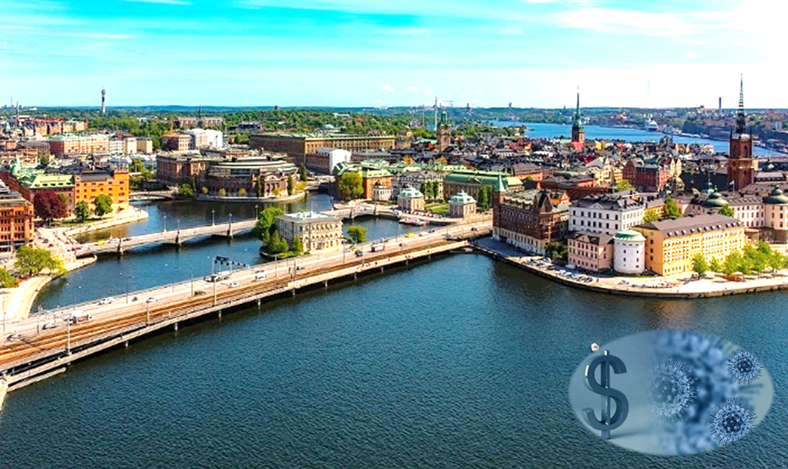There has been a general slowdown in regional economic growth, with many small, especially service provider and tourism sectors, being affected the most, despite major governmental economic compensation programs for the most affected businesses and sectors. The natural environment, including water quality, ecosystems and their services, and general tranquillity, has significantly benefited in the MAL3 region since touristic travels and seasonal recreational activities have been limited due to the pandemic. Local people have enjoyed nature more and their interest in protecting biodiversity and wild animals have increased. Society’s focus has shifted towards solving more immediate needs in the health care sector. However, water and wastewater services have not been affected to the same extent as other sectors, given their importance for health, but also due to innovations in wastewater monitoring networks in the MAL3 region.
Despite a high pressure of adjusting to the remote/distance working format with countless online meetings, many of the MAL3 local partners have found it beneficial with the possibility of working with people all around the world efficiently. They believe it has been difficult though to maintain good oversight on projects and their progress. During the pandemic, the MAL3 local partners have focused a lot on dissemination activities, re-planned their works and converted all the initiatives into online formats, thanks to various available online communication platforms. They have also further highlighted the necessity of evaluating coastal resilience in such crises and the importance of spatial planning to support sustainability, particularly in coastal areas that are under high pressures of urban expansion and other sectoral developments.
Written by Samaneh Seifollahi (SU) with inputs from the MAL3 local partners (SEI, LUKE, CRAB, and NIRAS)

